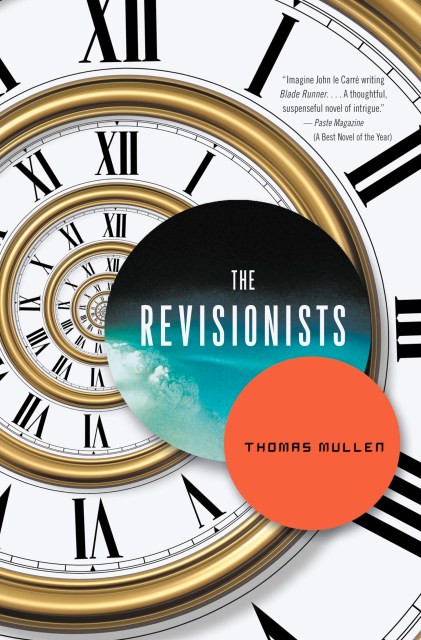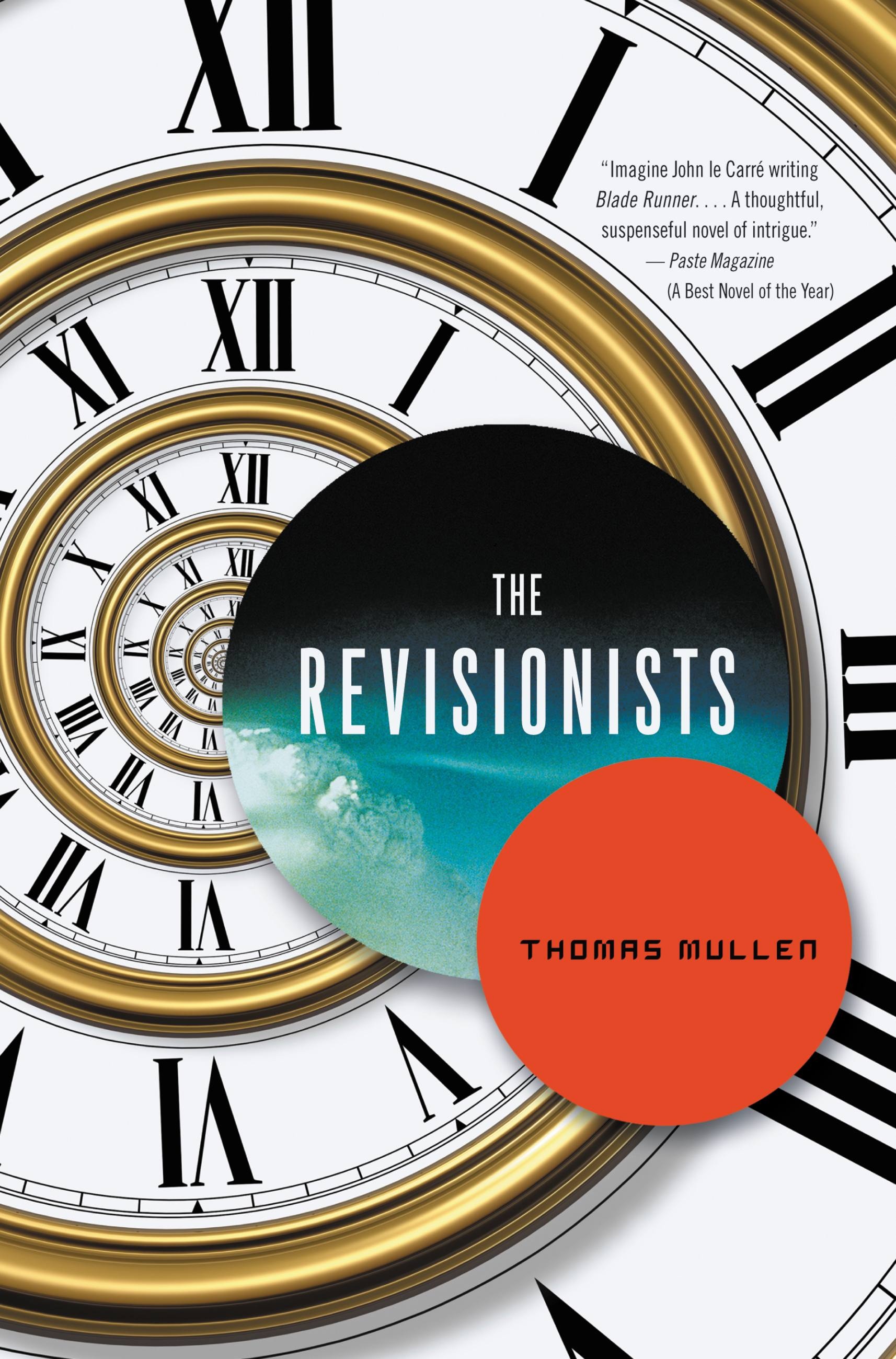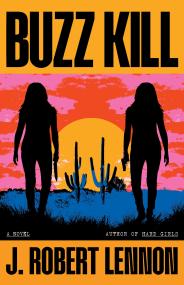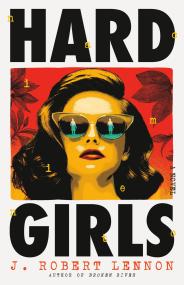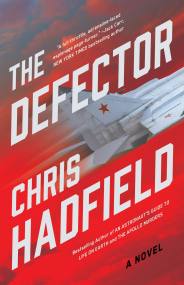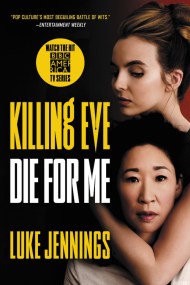By clicking “Accept,” you agree to the use of cookies and similar technologies on your device as set forth in our Cookie Policy and our Privacy Policy. Please note that certain cookies are essential for this website to function properly and do not require user consent to be deployed.
The Revisionists
Contributors
Formats and Prices
- On Sale
- Oct 23, 2012
- Page Count
- 464 pages
- Publisher
- Mulholland Books
- ISBN-13
- 9780316176736
Price
$15.99Price
$20.99 CADFormat
Format:
- Trade Paperback $15.99 $20.99 CAD
- ebook $9.99 $12.99 CAD
- Audiobook Download (Unabridged)
- Trade Paperback (Large Print) $29.99 $38.99 CAD
This item is a preorder. Your payment method will be charged immediately, and the product is expected to ship on or around October 23, 2012. This date is subject to change due to shipping delays beyond our control.
Buy from Other Retailers:
Zed is an agent from the future. A time when the world’s problems have been solved. No hunger. No war. No despair.
His mission is to keep it that way. Even if it means ensuring every cataclysm throughout history runs its course-especially The Great Conflagration, an imminent disaster in our own time that Zed has been ordered to protect at all costs.
Zed’s mission will disrupt the lives of a disgraced former CIA agent; a young Washington lawyer grieving over the loss of her brother, a soldier in Iraq; the oppressed employee of a foreign diplomat; and countless others. But will he finish his final mission before the present takes precedence over a perfect future? One that may have more cracks than he realizes?
The Revisionists puts a fresh spin on today’s global crises, playing with the nature of history and our own role in shaping it. It firmly establishes Mullen as one of the most exciting and imaginative writers of his generation.
-
"An extraordinary trip to the near future ... Questions of fate versus free will, utopia versus reality, and the implications of a world without racial and ethnic lines add terrific human depth to the whiz-bang gadegtry of Mullen's imagined world ... a very high-brow spin on the spy novel and science fiction."Atlanta Magazine
-
"Blade Runner meets John le Carré....a thoughtful, suspenseful novel of intrigue."Paste Magazine (A Best Novel of the Year)
-
"An imaginative, elegant work of literary sci-fi, set in modern-day Washington, D.C....What transpires in the final act is as powerful for its well-paced revelations as it is for the ethical questions it raises."Los Angeles Magazine
-
"A grippingly readable book, creating a kaleidoscopic world where the reader's sense of what's going on changes with every chapter ... thrills grounded in intelligence and compassion."The Columbus Dispatch
-
"Provocative... relentless...Mullen delivers."The Tampa Tribune
-
"Mullen is a skilled storyteller ... [THE REVISIONISTS is] much more than a page-turning techno-thriller. It also serves as a vehicle for .. an indictment of avoidable human folly leading to wars year after year, decade after decade, century after century."The Atlanta Journal-Constitution
-
"The Revisionists is a devious and absorbing novel that challenges the reader at every turn, not letting up until the final pages. I loved it."Olen Steinhauer, author of the New York Times bestsellers The Tourist and Nearest Exit
-
"Sharp as razors, savage and immense in its power and weird beauty."Warren Ellis, author of RED, Crooked Little Vein, and Transmetropolitan
-
"Mullen explores the ethical implications of time travel in this excellent thriller set in the near future...The complex concatenation of events that follows make this book a one-sitting read despite its length."Publishers Weekly (starred review)
-
"This well-written cross-genre book is a great reading experience. As told from multiple points of view from four fully developed characters, the engaging plot and ultimate resolution will leave you still thinking about the possibilities long after you turn the last page. THE REVISIONISTS will appeal to readers who like smart literate works in any genre-it's a contemporary thriller with a science fiction vibe, written by an author known for literary fiction."San Diego Union-Tribune (a Best Novel of theYear)
-
"An outstanding dystopic novel."Library Journal
-
"[An] intriguing thriller [that] serves up a heaping helping of paranoia."Booklist
-
"A tightly woven, deeply layered look at war, love, sacrifice, and loss."Julianna Baggott, author of Pure
-
"Such a unique, original story could only come from a unique, original mind--Thomas Mullen's."Alex Tse, co-screenwriter of Watchmen
-
"A peek at a future that is both exciting and terrifying."Brian Wood, Eisner Award-nominated author of Channel Zero, Demo, and DMZ
Newsletter Signup
By clicking ‘Sign Up,’ I acknowledge that I have read and agree to Hachette Book Group’s Privacy Policy and Terms of Use
